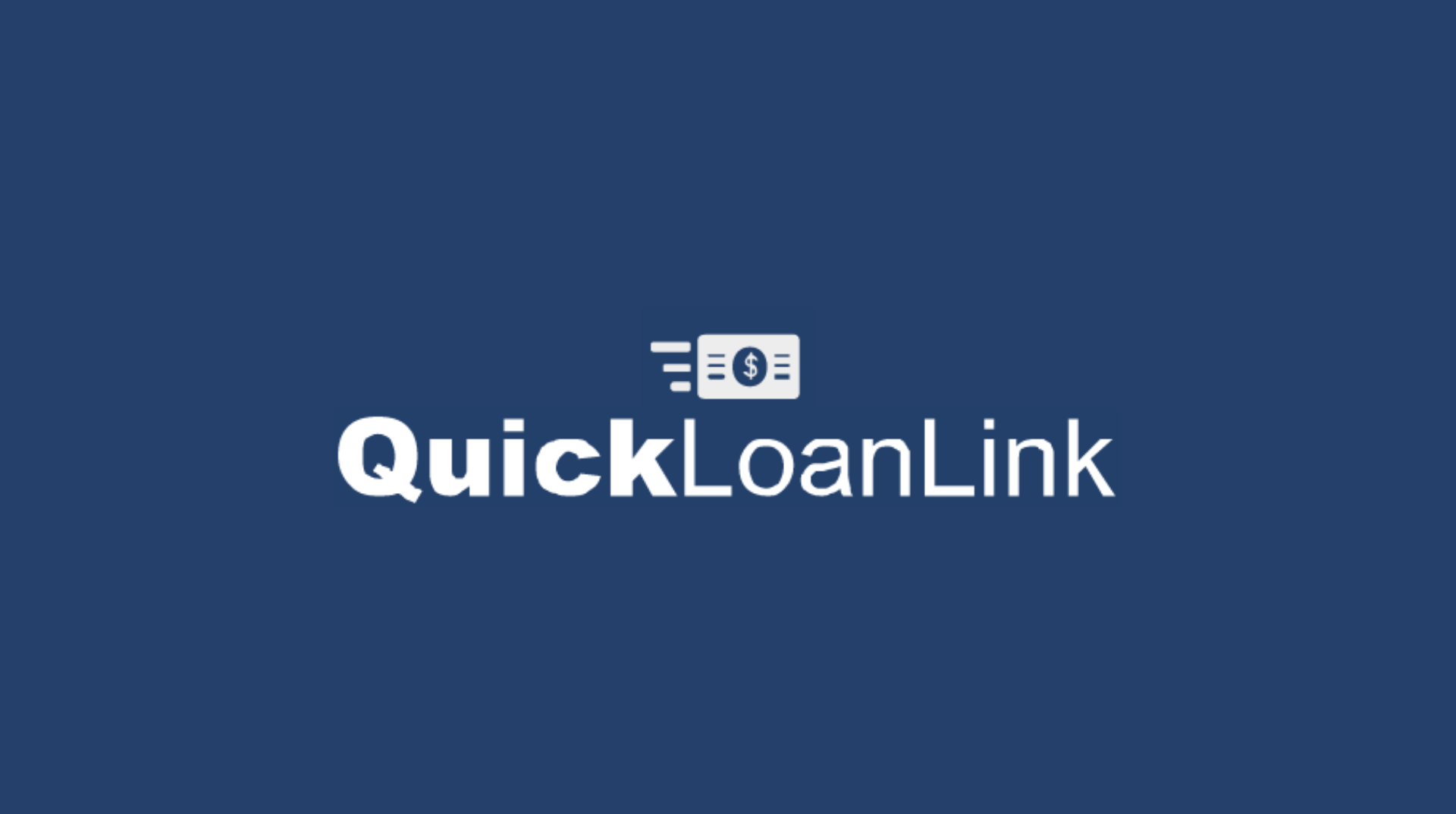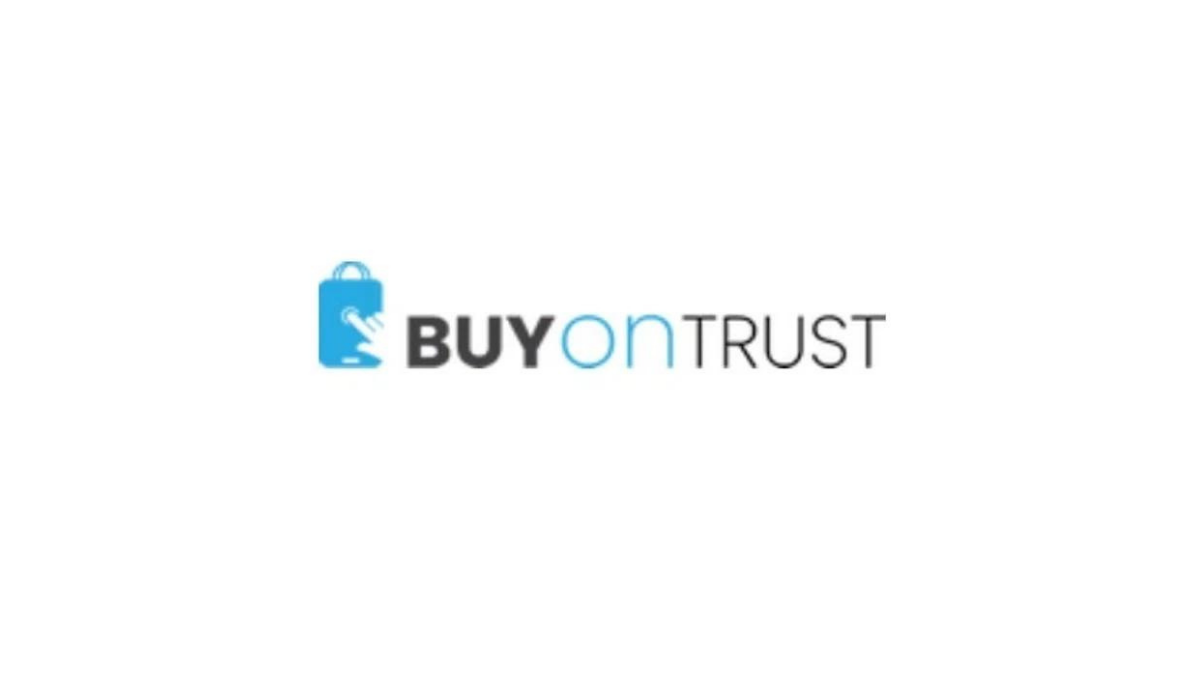Finances
How Many Mortgages Can You Have? Diversify Your Investments
Unlock the secrets to managing multiple mortgages with our comprehensive guide. Read on and learn more!
Advertisement
Managing multiple mortgages: A guide for real estate investors

How many mortgages can you have? That’s a common question for those looking to invest in multiple properties. Knowing the answer can be the key to expanding your real estate.

Mortgage rates in the US
The mortgage rate has reached unprecedented levels in the last 10 years. Understand what brought us here and what we can expect for the future of the real estate market.
Navigating the world of mortgages can be tricky, but we’re here to help. Dive into this article to get clear answers and learn how to manage multiple property loans.
How many mortgages can you have at the same time?
Technically speaking, there’s no cap on how many mortgages you can have. However, practical and financial hurdles often become barriers to investors.
In 2009, Fannie Mae raised its property limit from four to ten, creating a new avenue for real estate enthusiasts and investors alike.
Yet, most banks maintain a cautious stance, limiting borrowers to no more than four properties, including your own residential home.
Venturing beyond four mortgages often means seeking specialized financing or turning to alternative lending solutions and options.
Your financial health is crucial here. Banks scrutinize debt, income, and credit scores to determine your lending eligibility sharply.
Indeed, multifaceted property investment requires keen management skills, comprehensive planning, and a deep understanding of lending norms.
You will be redirected to another website
You’ll receive messages for less than 1 week, with a maximum of 1 message per day. You can unsubscribe anytime by replying STOP. By submitting this form, I confirm that I am 18+ years old and agree to the Privacy Policy and Terms and Conditions. I also provide my signature, giving express consent to receive informational messages via automated emails, SMS, MMS text messages, and other forms of communication. Message frequency may vary as part of our good-faith effort to respond to your inquiry. Message and data rates may apply. Text STOP to cancel. I understand that my consent to receive communications is not a condition of purchase and that I may revoke my consent at any time.
How can you qualify for multiple mortgages?
Embarking on a journey to multiple property ownership? So understanding the qualification criteria for various mortgages is your first step.
Further, get ready to delve deep into aspects like your debt-to-income ratio, credit score, and alternative lending options to bolster your portfolio.
Know Your Debt-to-Income Ratio
Your debt-to-income (DTI) ratio is a key factor in mortgage approval. It represents the portion of your income consumed by debt payments.
Lenders prefer a low DTI, ensuring you can manage the added debt of multiple mortgages. A lower ratio signals controlled debt management.
Maintain a Strong Credit Score
A stellar credit score not only unlocks doors to initial mortgages but is also paramount when seeking additional property finance.
Thus, lenders perceive a high score as a marker of reliable repayment. Consistently pay bills on time and manage credit lines wisely to boost it.
Understand Lending Limits

Different lenders have distinct policies on lending limits. Most conventional banks might cap your mortgage count to four.
Fannie Mae, for instance, allows up to ten, but navigating their criteria can be a complex task requiring diligent financial navigation.
Explore Alternative Lenders
Indeed, exceeding four mortgages usually means exploring avenues beyond traditional banks. Alternative lenders might be your next stop.
They might offer varied mortgage products but be prepared to encounter different terms and, possibly, higher interest rates.
Consider Loan Types
Conventional, FHA, VA, or jumbo? Identifying the right mortgage type for subsequent properties is crucial for financial stability.
Moreover, each loan type comes with distinct qualifications and limits. Align your choice with both your financial standing and investment goals.
Manage Multiple Properties Wisely
Juggling multiple properties and their corresponding mortgages necessitates a blend of savvy management and financial acumen.
Ensure each property, whether it’s rented or appreciating value, contributes positively to your financial health and investment aims.
Also, securing multiple mortgages is a nuanced task, blending fiscal health with strategic planning to pave the way for stable investment.

The complete guide on how to refinance a mortgage
7 steps to getting a good mortgage refinance. Understand how this maneuver can reduce your total debt and mortgage time and even allow access to loans!
What are the benefits and risks of having multiple mortgages?
Exploring the world of owning more than one property, you might wonder how many mortgages you can have and what it means for you.
Handling several mortgages at once can be a tricky journey, with its fair share of upsides and challenges. So let’s break down some key benefits and risks in a simple way:
Benefits
- Diversification: Investing in various properties allows you to spread risks and potentially tap into different market dynamics.
- Cash Flow: If properties are rented out, multiple mortgages can lead to increased monthly cash flow through rental income.
- Asset Appreciation: Over time, multiple properties might appreciate in value, enhancing your net worth and financial stability.
- Tax Advantages: Property owners might leverage tax deductions related to mortgage interest, property tax, and operating expenses.
Risks
- Financial Strain: Juggling various mortgages can lead to financial stress, especially if rental income or property value decreases.
- Management Challenges: Overseeing the operation and maintenance of multiple properties can be time-consuming and complex.
- Market Volatility: Real estate markets can fluctuate; managing mortgages through diverse market conditions can be precarious.
- Increased Liability: More properties equate to more liability, potentially impacting your finances if unexpected issues arise.
Diving deeper into each of these aspects will offer a broader perspective and better understanding of managing multiple mortgages wisely.
So always consider aligning your investment strategies closely with your financial capabilities and risk tolerance.
Alternatives to multiple mortgages
For those expanding their property interests without accumulating numerous mortgages, diving into alternative investment methods is crucial.
Let’s uncover various strategies to enhance your portfolio while safeguarding financial health.
Real Estate Investment Groups (REIGs)
Indeed, REIGs lets you invest in properties without needing direct management. You obtain parts of properties, drawing income without dealing with various mortgages.
Real Estate Investment Trusts (REITs)

Investing in REITs means owning real estate without buying property. Through purchasing stocks, you invest in companies that handle large-scale real estate projects.
Real Estate Crowdfunding
Via crowdfunding, you and other investors pool money to back a real estate project. This collective approach helps you avoid engaging in multiple mortgages.
Joint Ventures
In joint ventures, you and your partners share the costs and benefits of properties.
Thus, this collaborative method allows investment without individually managing several mortgages.
Lease Options
Lease options let you control a property with an option to buy later. It allows you to gain from its appreciation and income without traditional mortgages.
Seller Financing
With seller financing, the property seller lends you purchase funds, bypassing conventional mortgage processes and providing a potentially more flexible pathway to property acquisition.
Home Equity Loans
Leverage your existing property’s equity to finance additional real estate purchases. This method allows you to utilize your home’s value without adding more mortgages.
Hard Money Loans
Hard money lenders provide quick, short-term loans based on the property value. Suitable for investors looking for rapid financing without dealing with traditional mortgage hurdles.
Indeed, each method offers a different pathway, balancing benefits and risks.
When considering how many mortgages you can have, these alternatives provide diverse options to embed into your strategy, aligning with your investment aims and risk comfort.
Types of mortgage to consider before applying
We’ve looked into how many mortgages you can have, highlighting the importance of aligning your investment strategies with your financial health and risk tolerance.
Thus, the key takeaway is that there’s no one-size-fits-all answer to how many mortgages you can have; it depends on your unique circumstances and goals.
So as you navigate this complex landscape, remember that informed decisions, a solid financial foundation, and an understanding of alternative options can be invaluable.
If you’re eager to dive even deeper into the world of mortgages, check the following link to learn about the different types and what to consider before applying for one!

Types of mortgage
There are more than one way to get a mortgage. Learn about the main ways to hire this type of loans without harming your financial health.
Trending Topics

QuickLoanLink: find out how to apply!
Apply to QuickLoanLink and learn how to filter out good loan options up to $50,000, regardless of your credit score.
Keep Reading
Apply for Buy on Trust: Fast, Flexible Leasing
Learn how to apply for Buy on Trust and take advantage of easy access to a wide range of top-brand electronics with adaptable payments.
Keep Reading
First Progress Platinum Prestige Mastercard® Secured Credit Card: apply now!
Apply to your First Progress Platinum Prestige Mastercard® Secured card and get access to a perfect credit building tool!
Keep ReadingYou may also like

What credit score do you need to lease a car?
Are you wondering what is the minimum credit score to lease a car? Wonder no longer! Keep reading and discover next! Let's go!
Keep Reading
Tarjeta Bank of America® Customized Cash Rewards
La Tarjeta de crédito Bank of America® Customized Cash Rewards no tiene costos anuales y te devuelve el 3% en efectivo por compras ¡Conócela!
Keep Reading
AutoLoanZoom review: buy your car with ease
AutoLoanZoom is an indispensable tool for anyone looking for a car loan. In seconds, find multiple lenders to close the deal with. Know how!
Keep Reading